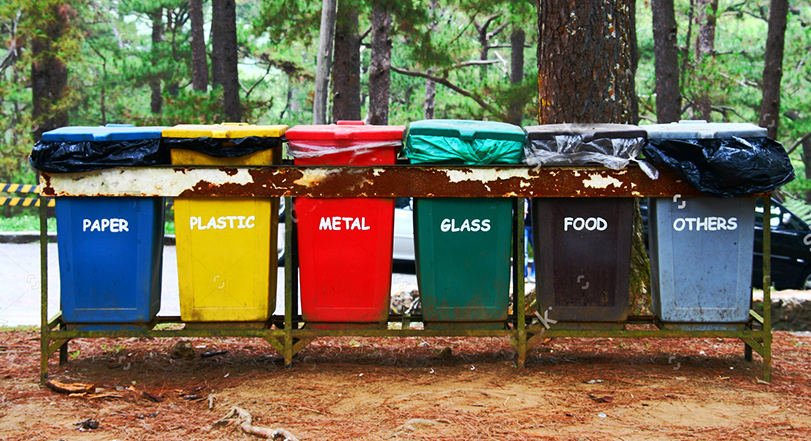Green Energy Initiative
India's rapid urbanisation has resulted in the chaotic and haphazard development of cities. Over-populated and over-burdened, our cities do not have the resources or infrastructure to cope with the urgent demands of their ever-growing populations. The lacunae seem to be present everywhere: in housing, water, power, roads, transport, waste management, public infrastructure and services-not to mention good planning and governance. It's not surprising that 'more and better' has become the new mantra of our times.
The needs are real and urgent. But meeting these needs calls for thinking and planning that is holistic and will work in the long-term. We have to ask ourselves: Will the measures we are taking to solve the problem make sense five years from now? Are they sustainable in an even longer time frame? Are we addressing the interests of just a few, or are we being fair and inclusive? Are we damaging our environment and our future in the process?
The poet T.S. Eliot put it well when he said:
Between the idea
And the reality
Between the motion
And the act
Falls the Shadow
We at Indium Group would like to do all we can to create green, sustainable solutions-solutions that come with a minimal carbon footprint and without a shadow. The links above will tell you how we plan to do this.
The Statistics
Here are some sobering figures: Over 31% of India's total population (1.21 billion as on 2011) live in urban areas. As of now, this 31% generates 1.88 lakh tons of Municipal Solid Waste or MSW daily. By 2041, that figure is likely to rise to 4.4 lakh tons.
Karnataka, the ninth most populated and fifth most urbanized State in the country, accounts for about 5% of India's national income and 6% of its total waste. Karnataka's capital, Bangalore, with a population of about 8.4 million (2011) is the third largest city in India and the twenty-second largest city in world. Its position as an IT hub earned Bangalore international fame and the sobriquet 'Silicon Valley of India'. In more recent times, the city gained infamy for its garbage management; it generates 3500 TPD of solid waste which it simply cannot handle.
The changing consumption and lifestyles patterns have impacted the amount of waste we generate. It has also impacted the composition of waste. Now we generate more waste than ever before, with a much higher percentage of it being dry waste in the form of paper, plastics and so on (other categories are wet waste and hazardous biomedical and e-wastes).
The concept of segregating at source is relatively new, feebly practised and poorly enforced. Technologies and facilities for transporting and disposing of waste simply cannot meet existing volumes. Bangalore, like many other cities, is at breaking point where waste management is concerned. Garbage is piling up on the streets. Landfills are overflowing; communities unfortunate enough to be in their vicinity, facing serious health issues, are rebelling against the sight, smell and presence of garbage.
The need of the hour is strict segregation; new technology; planned and dedicated management systems; well-designed tools, equipment and vehicles; and scientifically designed facilities to collect, treat, store, transport and dispose of waste. And, of course, the will to make it happen.

The Indium Group's role in making it happen
After researching the problem and its possible solutions, we have zeroed in on a clean technology that can scientifically tackle the challenge of waste disposal-Plasma Arc Gasification.
A relatively new technology, Plasma Arc Gasification converts solid waste into synthetic gas, electricity and slag. It does away with the need for toxic landfills and does not produce harmful emissions. The by-products it does produce are of value: electricity and gas for power and slag that can be used for different purposes, including construction.
We will be setting up our pilot Plasma Arc Gasification plant in Bangalore. This project will be augmented to handle 400 TPD of waste, which will generate 40 MW of electricity that will be fed to the central grid. Green power can also be sold to power companies.





